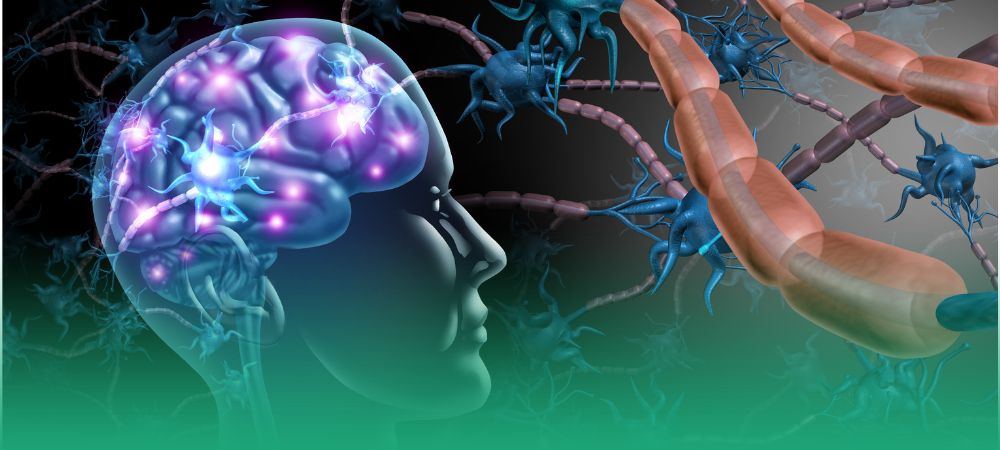A Brain Hemorrhage, also known as a cerebral hemorrhage, is a type of stroke that occurs when bleeding occurs in the brain. This can cause damage to the brain tissue, leading to a range of symptoms and complications. In this article, we’ll explore the causes, symptoms, treatment, and prevention of brain hemorrhage.
Brain Hemorrhage Treatment
A brain hemorrhage, or bleeding within the brain, is a serious medical emergency that can have life-threatening consequences. When a blood vessel in the brain ruptures, blood leaks into surrounding brain tissue, causing swelling, pressure, and potentially long-term neurological damage. The treatment of brain hemorrhage depends on several factors, including the type, location, and size of the hemorrhage, as well as the patient’s overall health. Brain Hemorrhage Treatment is a multi-step process designed to address both the immediate and long-term effects of the condition. It begins with emergency care to stabilize the patient and prevent further complications
Cause of Brain Hemorrhage?
The most common cause of brain hemorrhage is high blood pressure, which can damage the blood vessels in the brain and increase the risk of bleeding. Other causes may include:
- Trauma to the head
- Blood clotting disorders
- Aneurysms or weakened blood vessels
- Liver disease or alcohol abuse
- Brain tumors
- Use of blood thinning medications
- Infections

